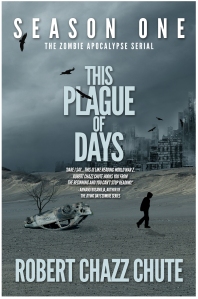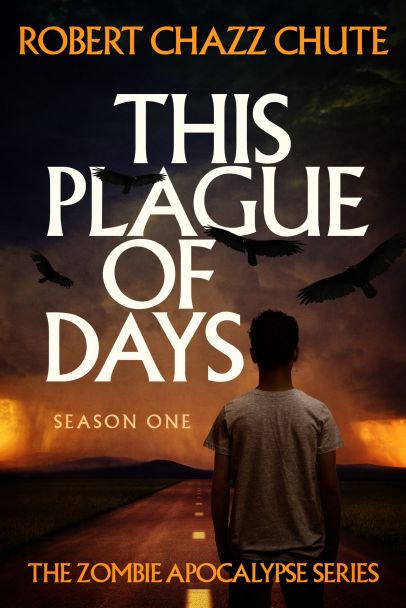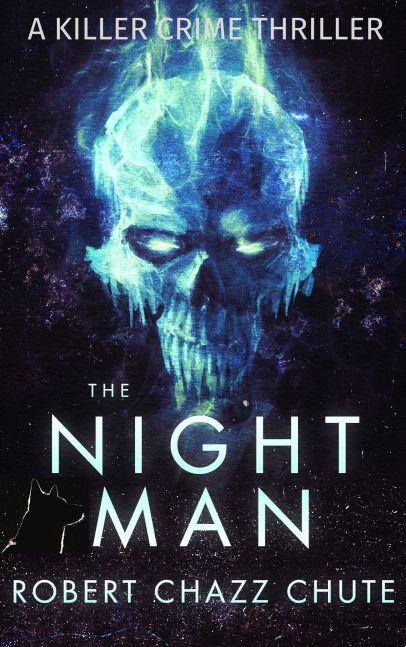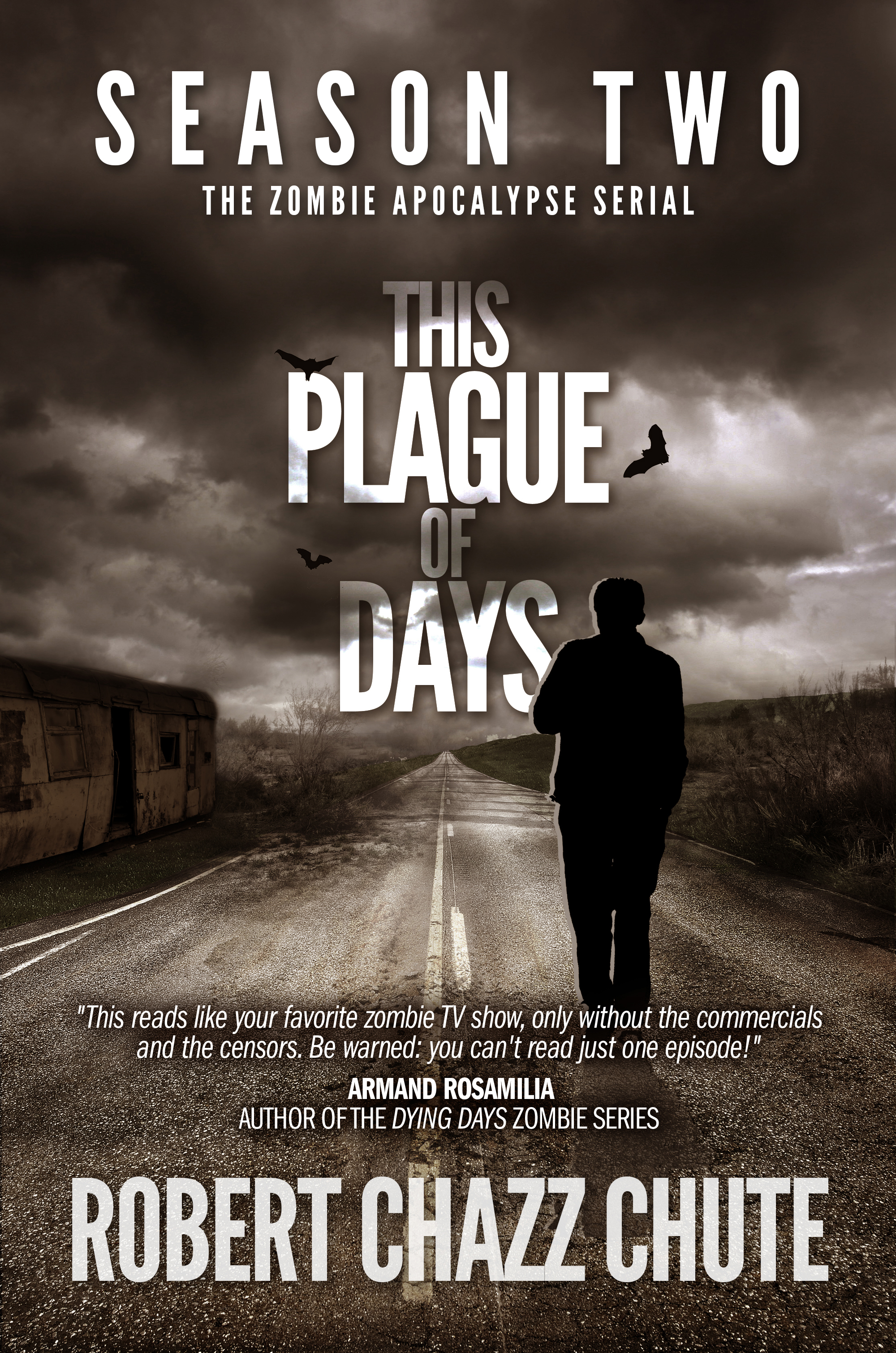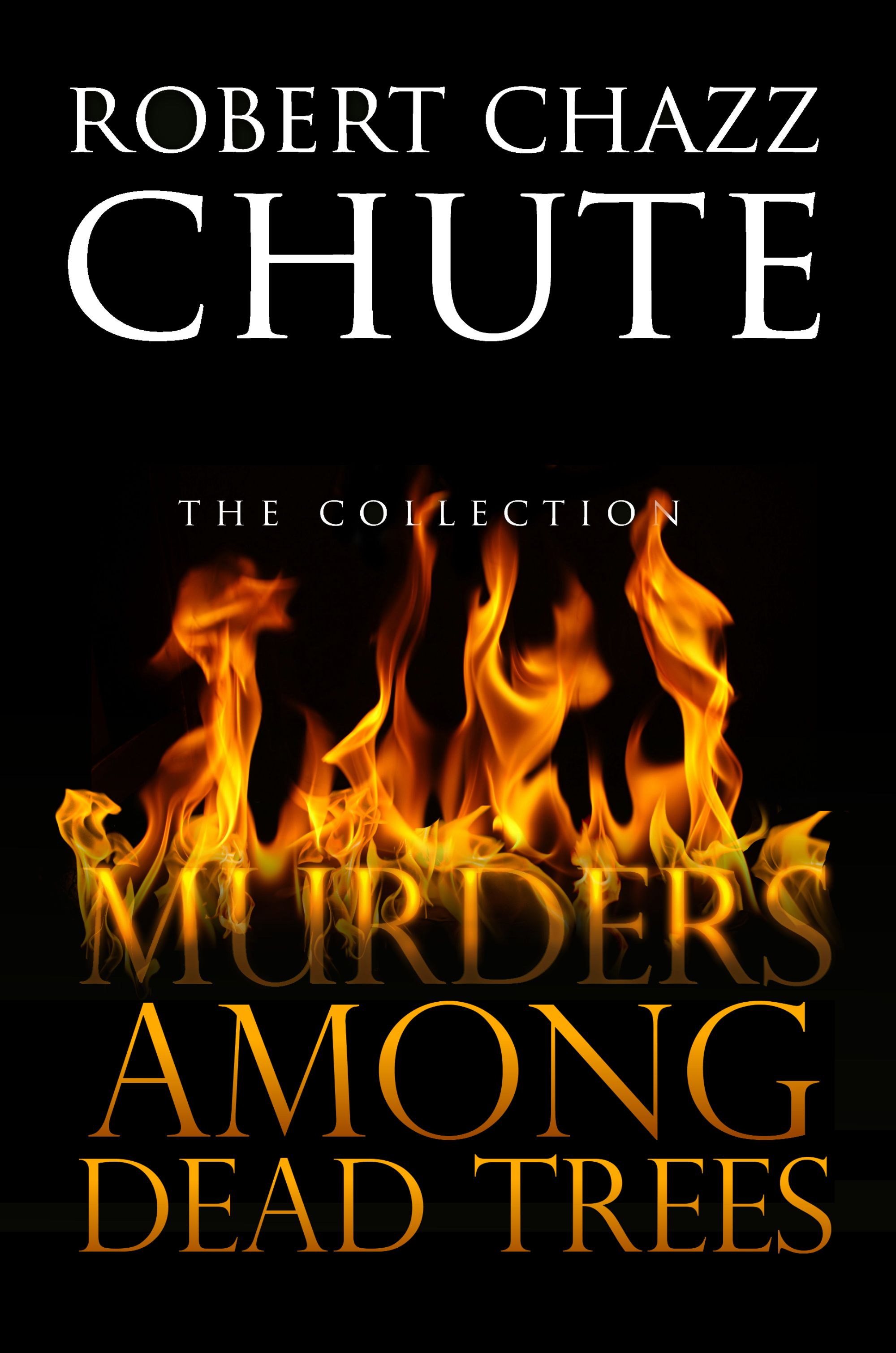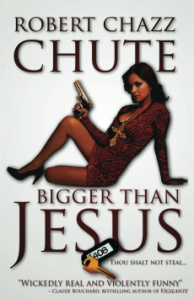When you’re writing, understand the tropes of your genre even if you don’t adhere to them closely. Lean into those and you’ll make your readers feel comfortable that they’re getting what they expected when they clicked the buy button. It’s a truism: People want the same thing, only different. Avoid cliches, sure, but tropes are often helpful in getting a reader and keeping a reader.
I must admit, I have not always stuck with what’s expected. My two zombie trilogies colored outside the lines. This Plague of Days is vastly different from a lot of books with “Zombie Apocalypse” in the subtitle. It’s a slow burn that builds and builds and relies heavily on supernatural elements and a mute hero on the spectrum. AFTER Life has plenty of zombie action, but the nanotechnology involved places the trilogy firmly in the techno thriller and least science fiction categories.
It may seem simple, but there are plenty of niches to drill down to and you don’t always know. When I published This Plague of Days, I thought I was writing straight horror. Then I got a Bookbub, and their marketing experts helpfully informed me I was writing science fiction. I suspect the success I had with TPOD was in part because of its contrast with other zombie books.
Now, when someone asks, I follow Stephen King’s example and say I’m a suspense writer. Mostly my backlist is suspenseful sci-fi. Other times, it’s crime fiction, but it’s all suspenseful. I’m a big fan of twists and turns. As I write this, my trusty Editrix Supreme, Gari Strawn of strawnediting.com, is working on my newest big book. It’s called Endemic, a survivalist thriller set in New York during the viral apocalypse. It does not have zombies in it, but there are infected people who are zombie-adjacent. The protagonist is a 38-year-old woman who is a very unlikely heroine. I like unlikely protagonists. If someone is prepared for their mission, the stakes are lowered. Will Endemic be different enough, or too different? We’ll see.
In the Meantime
While I wait for the final edits of Endemic, I cranked out a pop-up anthology. There was a time when I thought I was done writing short stories. However, I can produce them quickly and I enjoy writing them. Anthologies don’t sell as well as full novels, but I can use it for other purposes, such as creating an IP that leads to other IPs. Need a reader magnet to boost your newsletter? Short stories can give subscribers a sense of your style without the time commitment of a full free novel.
Leaning In
I’ve been reading a couple of gurus who are very deep into writing the same thing, only different. It can be profitable catering to a particular niche. If you’ve read X author and had a good time, you’ll probably read the rest of her books to get a similarly joyful experience. Browsing around, you’ll find successful authors who do this and their branding shows it. They have no shortage of entertaining stories their readership loves. Perhaps their biggest worry is burnout or that their graphic designer will die and they’ll have to find another who can create the same style of cover art. It is a good strategy and I do not disparage it.
For this coming anthology, I’m doing something I haven’t done before. I’m leaning into the zombie/horror tropes and giving readers more what they expect from the genre. That is not to say there won’t be twists and turns. I still offer plenty of those. However, there are no sci-fi elements. I just want to scare people for Halloween (and beyond).
Meaning
For all my writing, I look for meaning. The characters have to be relatable. Even if the good guys and bad guys are wading into the Wondrous Pool of the Fantastic, it’s important that readers find resonance. We all understand jealousy, anger, and fear. Tapping into our common human experience triggers the empathic parts of our brain. That’s when the world of the book envelops the reader.
You can accomplish that state by telling an entertaining story readers expect, or you can do it while pushing at the boundaries of their expectations. The trick is to do it in such a way that you reel them in instead of freaking them out.
Please note: Some minority of readers will always freak out.
Example: This Plague of Days has zombies and vampires in it. Some readers will never accept those genres colliding. They’ll take zombies, but introduce a smarter bloodthirsty killer, and suddenly they’re breaking the spine of the book and yelling, “Bullshit!” My thought was, what’s a sentient zombie? A vampire. Never mind that evolution, and never mind if you get a few reviewers who kick back against any genre-bending. That’s okay. Everybody gets an opinion. Relax and write your book.
There’s always someone who will say, “I would have done x, y, and zombie differently.” To which I reply, “Great! Go write that. Express yourself! Then somebody can try to educate you as to what they would have done differently. Then you’ll understand me better. Heh-heh-heh!”
To put it crudely, meeting reader expectations does not make any writer a hack. Ideas are cheap. It’s the execution of the story you choose to tell that will elevate the work in readers’ minds or fall short of their expectations. I like blowing through their expectations, but it can be fun to play the game within restrictions, too. As Hitchcock said, a limited budget makes one more creative.
Endemic is a big book that will defy expectations because the protagonist is older, nerdy, and neurotic. She and I share several of the same neuroses, in fact. Our Zombie Hours is a small anthology playing to readers’ expectations of the horror genre. I’m oddly optimistic each book will find a readership.
To go deeper on writing, reading, and marketing that resonates with more readers, I suggest you check out 7 Figure Fiction: How to Use Universal Fantasy to Sell Your Books to Anyone by T. Taylor. It’s an enjoyable, quick read that will get you thinking about adding butter to your writing recipe and boost reader engagement with your words.
It’s all about resonance. Do you dig my vibe?
~ Robert Chazz Chute occasionally writes about himself in the third person (like right now) to encourage you to read his books. He writes apocalyptic epics and killer crime thrillers. Browse them all at his author site, AllThatChazz.com.
Filed under: book marketing, This Plague of Days, writing, writing advice, writing tips, 7 figure fiction, After life, book marketing, Endemic, Gari Strawn, genre bending, genre-bending, genres, how to meet reader expectations, How to use universal fantasy, How to use universal fantasy to sell your books to anyone, Our Zombie Hours, publishing, Robert Chazz Chute, self-publishing, strawn editing, T Taylor, This Plague of Days, universal fantasy, writers, Writers Resources, writing






